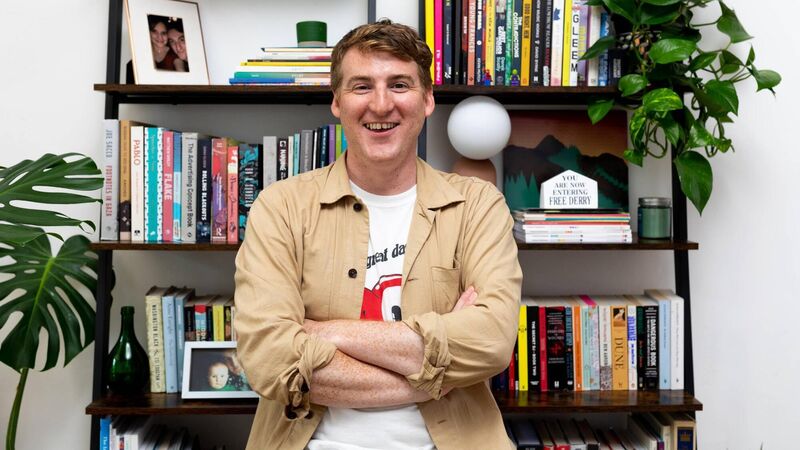Séamas O'Reilly: My story of ketamine and Mary McAleese has done me very well

Séamas O'Reilly: father, earnest politics fanatic, new Examiner columnist. Picture: Orfhlaith Whelan
Séamas O’Reilly is a journalist, a writer and the author of what is possibly the greatest Twitter thread of all time. You’ll know it, of course, the story of a young man high on ketamine who had to serve Mary McAleese drinks at an official function. It has everything, tension, fear, pace, pathos, relief and humour.
So much humour. If you need a laugh today, and who doesn’t, please go reread it.










